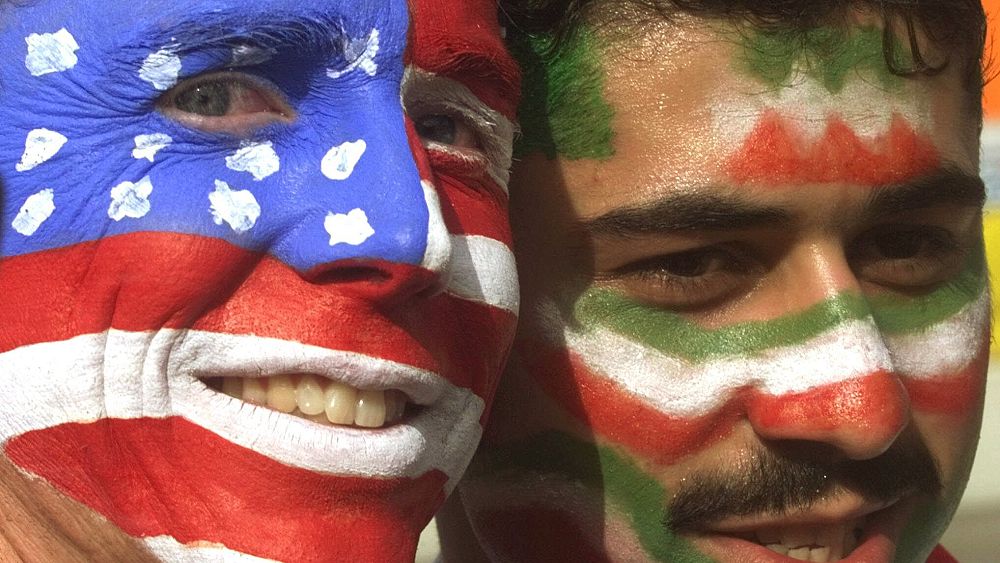On Tuesday there will be a clash between the two diplomatic rivals, the United States and Iran, but this time on the pitch in the context of the FIFA World Cup currently underway in Qatar. Some Iranians fear the match will be marred by further disputes with stadium security or clashes with supporters loyal to the Iranian government in light of protests raging across their country.
The match will take place between the two countries, which severed their ties more than 40 years ago, amid security reinforcements to avoid an escalation of tension linked to the unrest that has gripped Iran since the death of the young woman, Mahsa Amini, 22 , while in the custody of the morality police on 16 September.
In a show of solidarity before the match, the US soccer federation temporarily displayed the Iranian national flag without the emblem of the Islamic Republic, prompting Tehran, according to state media, to file a complaint with FIFA.
Qatar, which enjoys strong relations with Washington and friendly relations with Tehran, is betting on organizing a smooth and trouble-free tournament, as it increases security in Iran’s matches and bans some elements considered incendiary, such as the Iranian flag of the period before the Islamic revolution.
A Qatari official said when Iran beat Wales on Friday, security teams were deployed to “seed a small number of altercations” among Iranian fans outside the stadium, adding the incidents were resolved “quickly”. ” to contain tensions.
“I will not attend today’s match on Tuesday because I don’t feel safe in Qatar,” said Iranian-Canadian Ezzi, who wore a shirt bearing the slogan ‘Women, Life, Freedom’, a symbol of protests in Iran. and declined to reveal his surname.
“Qatar applies the same censorship system as Iran… FIFA also bears the responsibility,” she told Reuters of stadium security who banned her because of her attire.
Hela Yadegar, 37, plans to attend the match to show her support for protesters in Iran despite stadium security detaining her and her husband briefly during the Iran-Wales match and expressing similar concern over the security in the gulf state.
“I put a chair behind[the door]of our hotel room even though it was closed,” said Yadegar, who works at a hospital in Canada.
In response to a question about fans’ safety concerns and their complaints about restrictions, the Qatari official said authorities would work to ensure every World Cup match was “safe and welcoming to all fans”.
He added that items that “could increase tensions and threaten the safety of fans” would not be allowed in stadiums.
National anthem
The policy has extended to the sports tournament, the first to be held in a Middle Eastern country, where the Iranian national team is coming under pressure to support protesters.
Iranian players refused to sing the national anthem in their first game, in which they were defeated 6-2 by England. They sang the anthem before their second match, a 2-0 win over Wales.
Following Friday’s win, an Iranian fan wearing a T-shirt with images of Supreme Leader Ayatollah Ali Khamenei and top military commander Qassem Soleimani, who was assassinated in a 2020 US drone strike in Iraq, chanted at fans who argue the protesters.
The turmoil that has engulfed Iran is one of the boldest challenges the theocratic government has faced since the 1979 Islamic revolution. Washington has imposed sanctions on Iranian officials for cracking down on protests.
The United States and Iran severed their official relations in 1980 after the Iranian revolution, and relations were marked by hostility when the two countries’ soccer teams clashed in the 1998 World Cup Finals. The Iran won that match 2-1.


